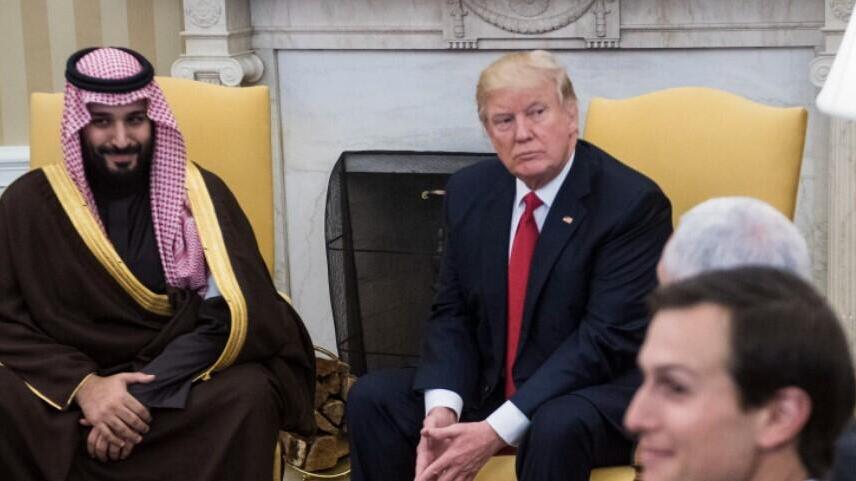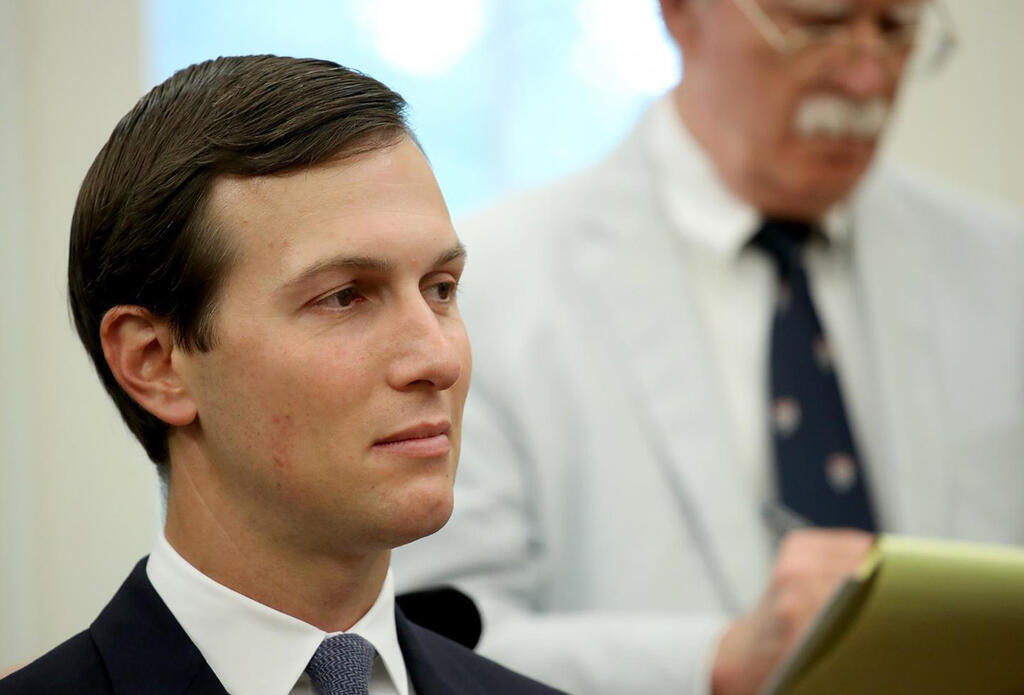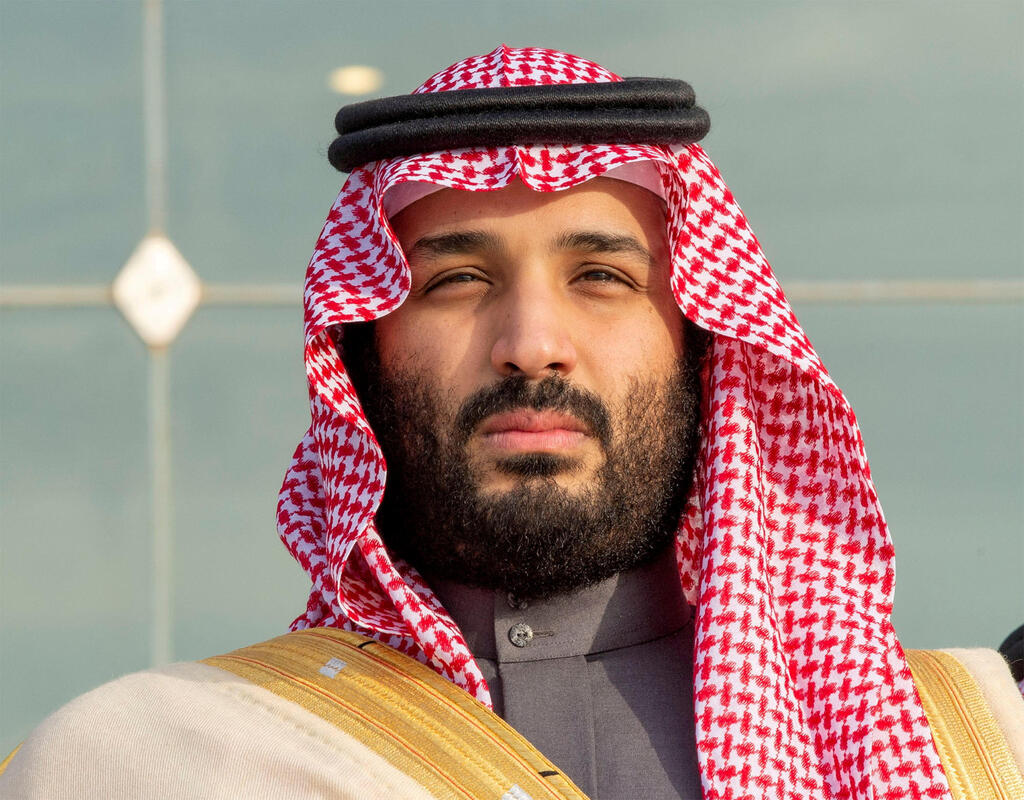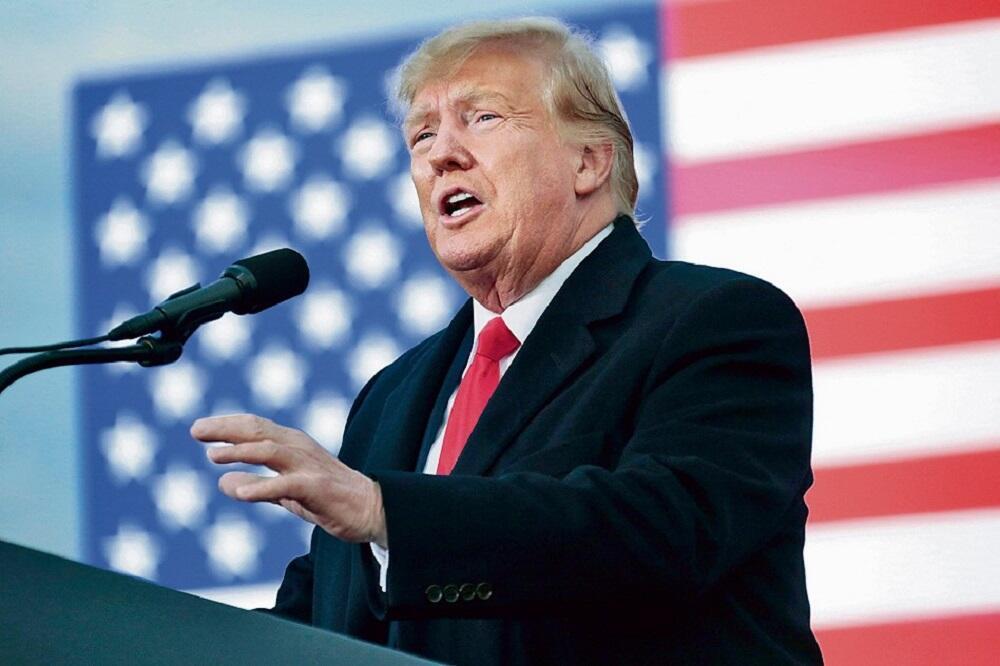Getting your Trinity Audio player ready...
Israel is likely to be one of the primary beneficiaries of Saudi Arabia’s investment in a private equity firm established by Jared Kushner, former U.S. President Donald Trump’s son-in-law, and senior adviser.
Saudi Crown Prince Mohammed bin Salman’s decision to invest $2 billion from the Saudi Public Investment Fund (PIF) into Kushner’s Affinity Partners scheme will have direct economic benefits for Israel and is a probable indication of bin Salman’s readiness to initiate formal diplomatic relations, according to experts.
As Meir Litvak, professor of Middle Eastern and African history at Tel Aviv University and senior research associate at the Alliance Center for Iranian Studies said that “the political implications are very clear. Saudi Arabia, a leading Arab state, the leading state in the Gulf, the champion of Islam, sends a signal to the world, to the Iranians, and to the U.S., that it is serious in its relations with Israel.”
Professor Litvak proposed that the move may be an attempt by the Saudis to find allies against Iran, in anticipation of an American departure, saying, “It is a clear sign that Arab states which fear an American withdrawal from the region are looking for regional strategic partners that would help them face Iran.”
According to a Wall Street Journal report, Kushner’s fund will invest in at least two Israeli tech firms, the details of which are currently unknown. This marks the first time that Saudi Arabia has directly invested in Israel, though the two countries still do not have formal diplomatic relations.
Professor Itamar Rabinovich, professor emeritus of Middle Eastern history at Tel Aviv University and former Israeli ambassador to the United States, sees Saudi Arabia’s financial contribution as part of the process to normalize relations between the two countries.
Rabinovich said, “Assuming that this all materializes, it would indicate yet another step in Saudi Arabia joining, not the political normalization with Israel, but the economic one, which, given the special weight that the Saudis carry in the Arab and Muslim world, is a very important step.”
Rabinovich added, “You cannot have economic normalization without at least an element of political normalization or peace.”
An important implication of the Saudi investment is that it shows other Arab states that maintaining relations with Israel will be tolerated. “It is a step on the road towards political normalization and it signals to other Arab countries that it is fine to continue with economic and political normalization,” Rabinovich added.
In an exclusive March interview with The Atlantic, bin Salman publicly indicated his willingness to cooperate with Israel in the future, saying, “We don’t look at Israel as an enemy, we look to them as a potential ally, with many interests that we can pursue together. … But we have to solve some issues before we get to that.”
This statement only confirmed the situation as it already stands between the two countries, according to experts. As Rabinovich explained, “The Saudis, of course, are not signatories to the agreement but they indicated their support by enabling Bahrain to join the Abraham Accords, and of course by allowing Israeli overflights in their airspace.”
4 View gallery


Then-U.S. President Donald Trump meets with then-Saudi Deputy Crown Prince Mohammed bin Salman and White House senior adviser Jared Kushner
(Photo: The Media Line)
Other commentators have suggested that Saudi Arabia’s investment, and recognition of Israel as a potential ally, are a means of pursuing closer ties with former President Trump, who continues to possess strong influence in the Republican Party and is expected to run in the 2024 presidential election.
Yet the decision to invest with Kushner’s Affinity Partners has raised concerns. Kushner, who founded the firm in 2021, just six months after leaving the White House, is largely unproven as an investor. Indeed, the Saudis are by far the largest contributors to the venture, with their investment comprising two-thirds of the $3 billion fund.
Democracy for the Arab World Now, a nonprofit organization that aims to promote democracy, the rule of law, and human rights in the Middle East and North Africa, published a letter calling on the U.S. Justice Department and Congress to “investigate the disturbing facts and circumstances” surrounding Saudi Arabia’s investment in Affinity Partners. U.S. Senator Elizabeth Warren echoes these suspicions, saying, “I think this is a moment where Congress needs to do a lot more about corruption.”
The New York Times uncovered documents showing that at a meeting of the advisory committee to the PIF, serious concerns were raised over the level of experience and ability of Kushner and his team. Qualms were raised over “the inexperience of the Affinity Fund management,” and the possibility that the Kingdom of Saudi Arabia would be forced to take on “the bulk of the investment and risk.”
The advisory panel found the operations of Affinity Partners “unsatisfactory in all aspects” and deemed doing business with Kushner as fraught with “public relations risks.”
Suspicions largely stem from the fact that despite the serious doubts expressed by the committee, the PIF board approved the investment only days later, allegedly following the intervention of de facto ruler bin Salman. As The New York Times noted, “Ethics experts say that such a deal creates the appearance of potential payback for Mr. Kushner’s actions in the White House or of a bid for future favor if Mr. Trump seeks and wins another presidential term in 2024.”
Noah Bookbinder, president of Citizens for Responsibility and Ethics, which investigates government officials who use their time in office to pursue private interests and personal gain, tweeted, “Jared Kushner is now in business with two countries he worked closely with during his time in the White House, including Saudi Arabia which invested despite concerns from a key panel. We need to tighten ethics laws to prevent this kind of corruption.”
Rabinovich argued that the Saudi investment may actually be a strategic attempt to curry favor with Trump and the Republican Party, questioning, “Why would the Saudis choose to invest with Jared Kushner?” and postulating that “they look, you know, three years down the road. They think that it is possible that Trump will be back, or definitely, Trump continues to have a very large influence on the Republican Party, and therefore investing with his son-in-law is also an investment in Trump, and in the Trump wing of American politics.”
He continued, “It is not something that is limited, or maybe not even mainly focused on Israel, but it’s directed at least as much at the United States.”
Nevertheless, as Professor Litvak emphasized, irrespective of Saudi intentions and allegations of corruption, “every foreign investment benefits the Israeli economy, it helps to create jobs, develop the country’s economy, increase exports and raise the standard of living of Israelis. $2 billion is a substantial amount and will certainly contribute.”
The story is written by Aron Rosenthal and reprinted with permission from The Media Line




